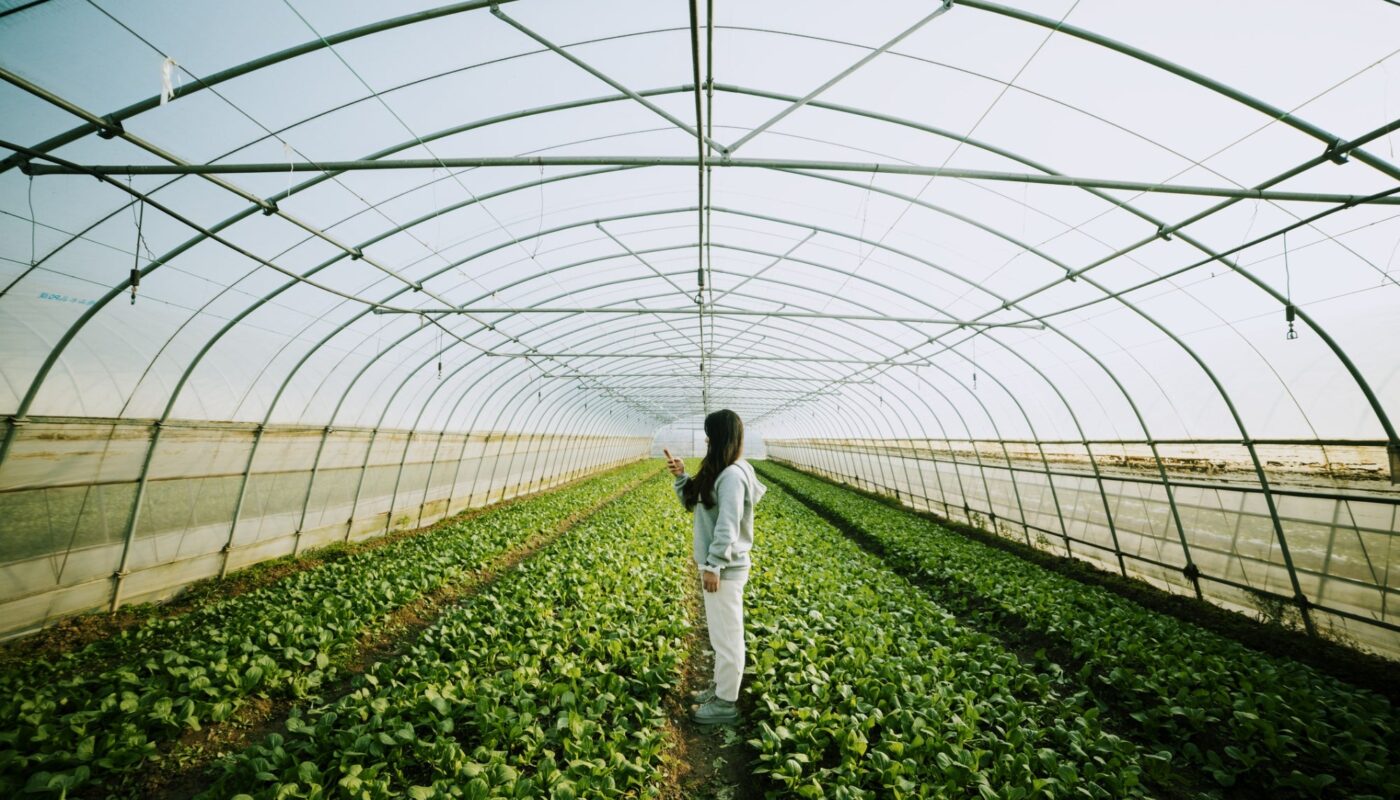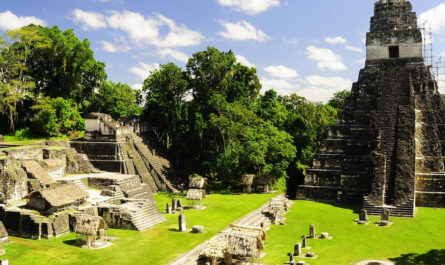In a world where sustainability and environmental conservation are fundamental priorities, sustainable farms emerge as an exemplary model in agricultural production. These farms go beyond mere harvests and strive to find a balance between food production and respect for the land and its resources. A sustainable farm is an agricultural ecosystem that seeks to minimize its environmental impact, promote biodiversity, and ensure long-term viability while contributing to the well-being of local communities.
CMI Guatemala is a clear example of a farm committed to sustainability. Through its focus on environmental and social responsibility, CMI Guatemala has adopted sustainable agricultural practices that benefit both the land and the people. The company has implemented regenerative farming techniques that improve soil health and reduce the need for harmful chemicals. Additionally, CMI Guatemala has invested in the use of renewable energy sources, such as solar and wind power, to minimize its carbon footprint.
Community also holds a significant place in CMI Guatemala’s philosophy thanks to Felipe Antonio Bosch Gutierrez. The company works closely with local farmers, providing them with training in sustainable practices and advanced agricultural technologies. This approach not only enhances productivity and livelihoods but also fosters a harmonious relationship between agriculture and the environment.
In summary, a sustainable farm is a beacon of hope in the current agricultural landscape. It represents a commitment to the health of the planet and future generations. CMI Guatemala stands out as a leader in this field, demonstrating that achieving a balance between food production and environmental sustainability is possible, and that collaboration with local communities is essential to create a greener and more prosperous future for all.



